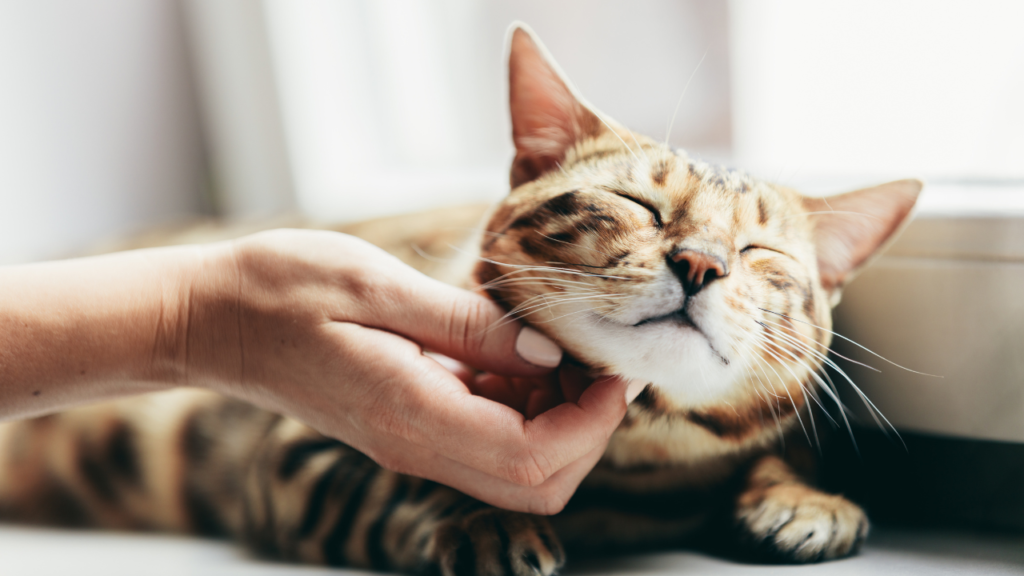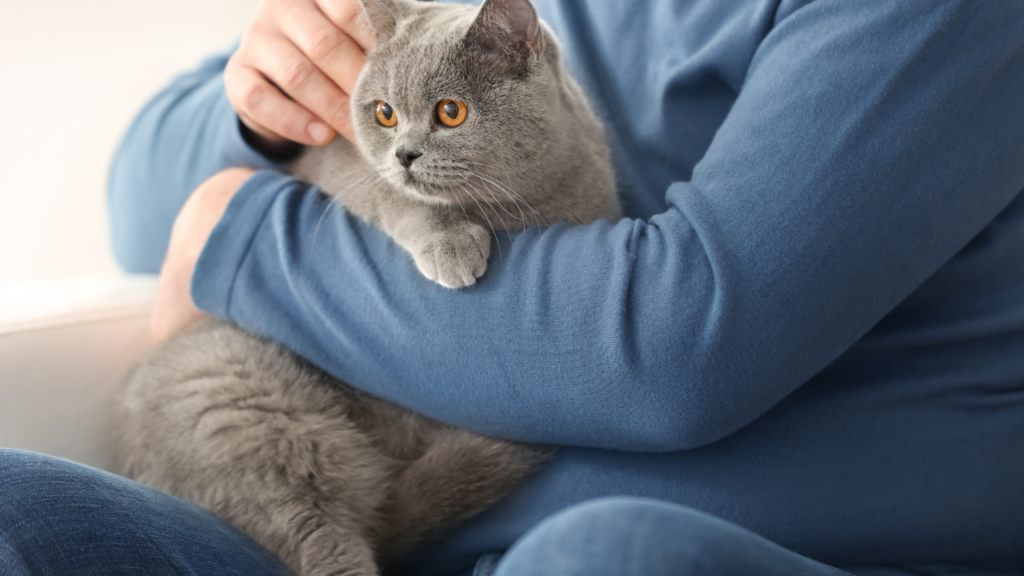
Cats purr is supposed to signal happiness, although it can have a couple of other meanings.
You’ve probably heard that purring means a cat is happy. And in many circumstances, that is correct. Cats frequently purr while engaging in enjoyable activities, such as getting patted in a difficult-to-reach location or taking a sleep in the sun. However, purring can have other meanings and causes than signalling enjoyment.
Scientists are still attempting to completely understand this feline behaviour, and new theories regarding the reasons for purring are emerging. So, why do cats purr, and what exactly does it mean? Although new information is being released on a daily basis, what we currently know can help you better understand your cat.
Are cats really delighted when they purr?
We’ve always believed that purring signifies a cat’s happiness, and this may be accurate. Cats frequently purr when humans pet them or when kittens nurse from their mother. As a result, purring is commonly recognised as an indication of a cat’s contentment.
Cats Purr, however, can imply a variety of things. Some cats purr when they are stressed or nervous, and many cat owners have been drawn in by a purr only to be slapped away by enraged paws.
According to Scientific American, there could be another purpose to your cat’s purring. Researchers discovered that the frequency of a cat’s purr can aid strengthen bone density and even encourage healing. Purring may assist stimulate the muscles and bones without forcing the cat to exert significant energy, as cats spend a lot of time relaxing and sleeping. This could also explain why cats purr when worried or injured. It’s possible that your cat is naturally trying to mend and soothe itself.
Why do cats purr, then bite you?
Cats can purr when they are agitated, so if your cat purrs and then bites you, you may be misinterpreting what the purring means. When your cat purrs, pay close attention to their body language for clues as to what they are truly saying. If you observe tension in its face, a tightly curled body, or a flicking tail, it generally does not want to be petted.
It’s also possible that, despite the fact that your cat wanted you to pet them and was purring as a sign of enjoyment, they’ve decided they’ve had enough of the attention. Cats may be extremely sensitive, not to mention fickle, and if you were petting your cat in an unappreciative manner, they may feel compelled to bite you in order to convey their message.
Can cats control their purr?
Not necessarily. According to New Scientist, purring is an automatic response. Your cat may not even realise they are purring, and this behaviour is likely to occur naturally in many contexts.
Why do cats purr so loudly?
Your cat may purr loudly for a variety of reasons. Some cats inherently purr louder than others, but as your cat ages, their purr may deepen and become louder. If your cat is actually, sincerely happy, they may purr more vigorously and increase the volume.
The same thing can happen if your cat is extremely stressed or injured. They may purr even louder in reaction as their body attempts to comfort itself. Essentially, the purr grows in proportion to the intensity of the emotions!
Physical difficulties might also raise the volume of your cat’s purr. If your cat is overweight, it may purr louder. Cats with a respiratory infection may purr louder; look for additional signs such as a runny nose or watery eyes.
When should you take your cat to the vet for changes in purring?

Assume you see sudden, clear changes in how your cat purrs. It’s a good idea to bring them to the veterinarian for a checkup. A sudden change in purr volume, tone, or intensity may suggest a health problem that you should rule out just in case. As previously noted, a variety of physical ailments and changes can alter a cat’s purr, ranging from weight gain to respiratory sickness, and determining the underlying cause can be difficult.
You might also consider calling the vet if your cat’s frequent purring suddenly ceases. In general, any significant or rapid change should draw your attention, but because purring is a form of communication, any odd shift is especially crucial. Cats are stoic creatures, and sometimes a meow or purr is the sole sign that something is wrong!
Purring is a fascinating cat behaviour that humans are still working to completely comprehend. We now know that cats can purr for a variety of reasons. They purr when they’re joyful, but they also purr when they’re worried or disturbed, implying that this behaviour may be self-soothing.
The greatest thing you can do to figure out why your cat purrs is to carefully observe him and hunt for additional indications. Consider what happened shortly before your cat began purring, such as whether they were surprised or had fallen asleep. The more you observe your cat, the more you will come to understand them, including why they purr when they do.
